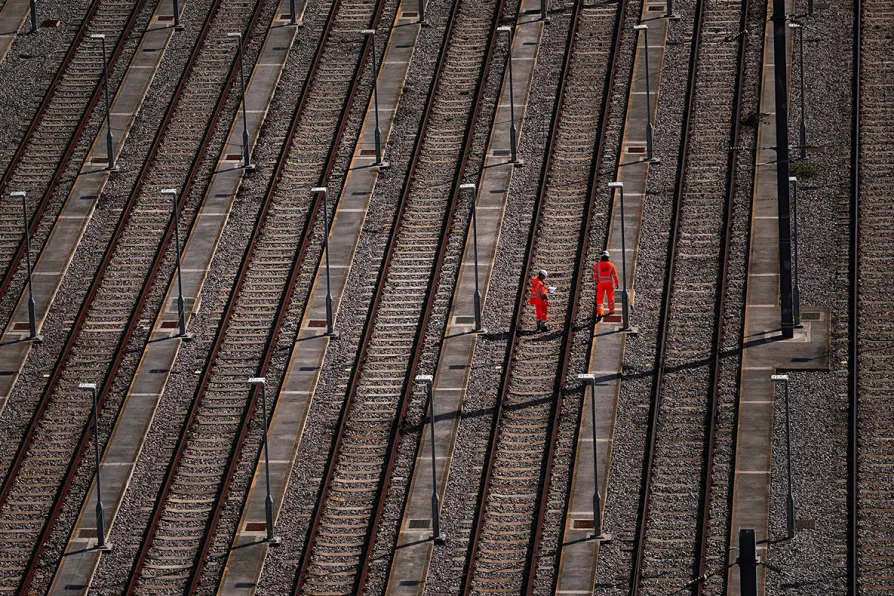HS2 must be built in full, not pared back

 Talks over disputed Grand Ethiopian Renaissance Dam end without agreement
Talks over disputed Grand Ethiopian Renaissance Dam end without agreement
THE future of HS2, the high-speed railway planned to link London with the Midlands and the north of England, is now in doubt.
Prime Minister Rishi Sunak and Chancellor Jeremy Hunt are reported ready to at least delay the construction of key parts of the already-reduced route, above all the link north of Birmingham to Manchester, the project’s Phase Two.
The case for HS2 was seldom properly explained. It is far less about shaving a few minutes off journey times from Birmingham to London than about expanding railway capacity.
Similar stories

Aslef general secretary MICK WHELAN speaks to Ben Chacko about rail renationalisation, the Employment Rights Bill and why we shouldn’t write off this Labour government













